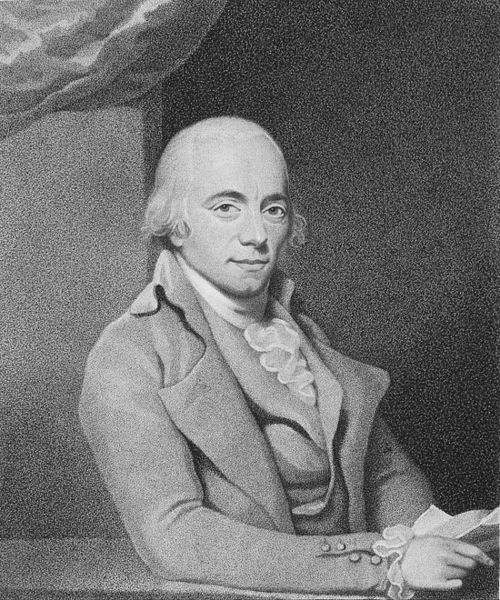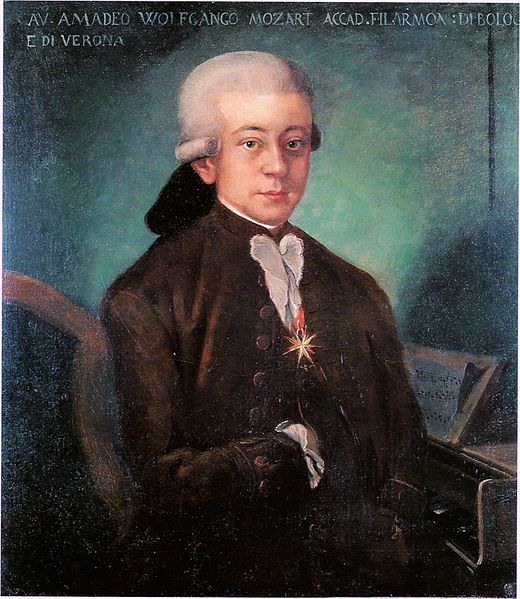The piano contest between Wolfgang Amadeus Mozart and Muzio Clementi on Christmas Eve 1781 has gone down as one of the greatest duals of musical virtuosity. Initiated by Austrian Emperor Joseph II, it saw two of the best pianists of the time go head-to-head in a series of solo pieces and site reading.

The contest occurred just months after Mozart arrived in Vienna, having finally secured his release from his employment in Salzburg. For his part, Clementi was on a European tour that had seen him visit France and Salzburg. He arrived in the Austrian capital less than a week prior to the contest, on 19 December.
The two competitors were not informed in advance that they were to take each other on, but the visitors to Joseph II’s court knew. Clementi opened with his Sonata in B-flat major. Mozart began with 12 Variations in C major on Ah vous dirai-je, mamon, which we know better today as Twinkle Twinkle, Little Star. The two followed up their solo performances by combining to play parts from a number of sonatas. Both musicians then selected a theme which they developed on the piano to conclude the contest.
While Joseph II diplomatically declared the contest to be a tie, both Mozart and Clementi appear to have conceded that the former was victorious. Clementi wrote that he had never heard anyone play with such “spirit and grace” as Mozart, while Mozart praised Clementi’s technical abilities, particularly with the right hand, but criticised him as a “mere robot” for his alleged lack of feeling.

Clementi was considered the father of the piano and was already a well-established composer, teacher and pianist when he met Mozart. In 1783, he returned to England and continued to teach piano and conducted. Later, he also manufactured pianos. In 1813, he was a founding member of the Philharmonic Society of London, which became the Royal Philharmonic Society in 1912.
Mozart remained in Vienna following the contest, developing his legendary career as a concert pianist and composer. When he came to compose the Magic Flute ten years later, Mozart took inspiration from Clementi’s Sonata in B flat major which had opened the contest in 1781. Clementi was forced to note in subsequent publications of his sonata that it had been written prior to Mozart’s opera so as to avoid the impression that Clementi had borrowed the music from there.
There is no indication that Mozart and Clementi met again after their 1781 contest.
